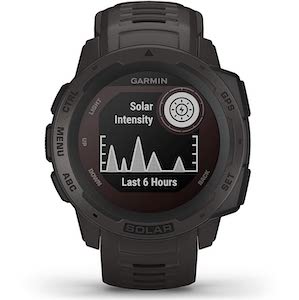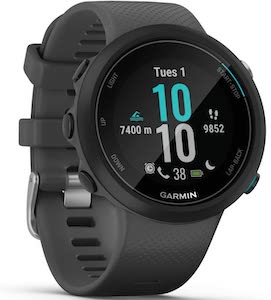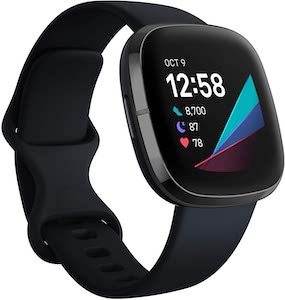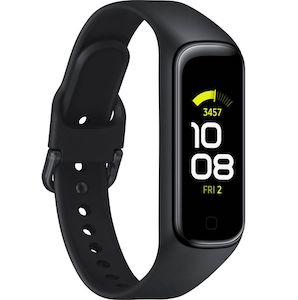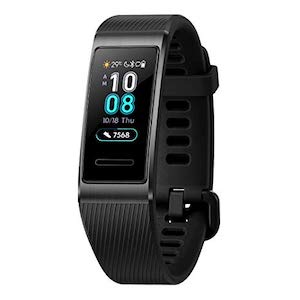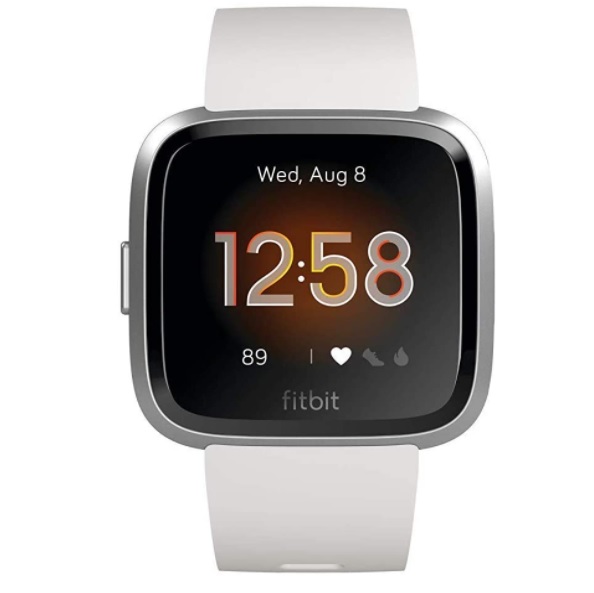This fitness tracker has got a lot of buzz. It is under £30, which could save you almost £100 versus the top-end models, yet it usually always makes Top 10 lists like ours. Why?
Well, simply put – it is just as good as the rest, where you could argue you’re also paying for the name. It is water-resistant up to 50m, has a sleep monitor, heart rate monitor, and you can also track calories.
The nice long battery life of two weeks is also outstanding, and there is a SpO2 Blood Oxygen sensor to monitor blood oxygen levels during and after exercise, to check that enough is flowing to muscles.
It uses Huawei technology, such as TruSleep and TruSeen 3.0 heart rate monitoring. The latter precisely identifies 6 common sleep disorders and offers more than 200 customised suggestions to improve sleep quality, too.
All sounds too good to be true given the price and that it doesn’t lack much, right? Well, from our experience of other Honor products such as phones, the quality of things like the camera did dip after a while. Then, with big brands such as Fitbit, their trackers have been tried and tested for years whereas Honor is a bit less known.
There is also a lack of compatibility with some of the most modern phones which run Android 10 and above, or Samsungs. You need the Huawei Mobile Services app and some are concerned about the security levels.
Still, it has been described as the fitness tech product of a generation and is hugely popular as a budget option, so if you’re not bothered about the speculation about companies listening in to what you have had for your dinner, the positive reviews should clinch it.


